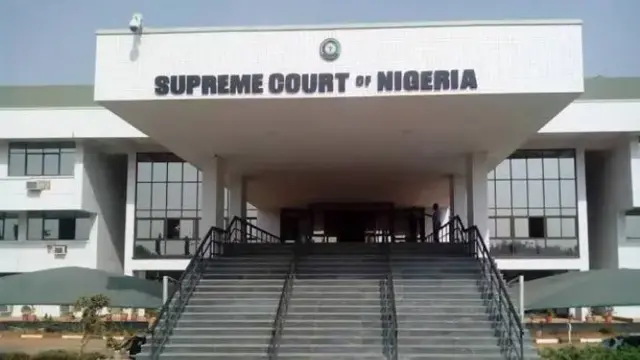Politics
Supreme Court Upholds Financial Autonomy for Local Governments in Nigeria

The Supreme Court of Nigeria has delivered a landmark ruling upholding the financial autonomy of local government councils across the country. In a decisive judgment led by Justice Emmanuel Agim on behalf of a seven-man panel, the apex court declared the state control and manipulation of local government funds as unconstitutional.
The case, initiated by the Attorney General of the Federation, Lateef Fagbemi, centered on the illegal takeover of local government administrations by state governors and the arbitrary dissolution of democratically elected councils. Justice Agim emphasized that the 1999 Constitution mandates the direct payment of local government allocations through their accounts, effectively curtailing governors’ power to withhold or mismanage these funds.
Furthermore, the ruling deemed the appointment of caretaker chairmen by governors to replace elected officials as a flagrant violation of the constitution. Justice Agim asserted that only democratically elected leaders have the mandate to govern local government councils, emphasizing the need for adherence to democratic principles in local governance.
While the Supreme Court’s decision has significant implications for the 774 local government areas in Nigeria, it is also a critical step towards strengthening the autonomy and accountability of grassroots governance. The ruling positions local governments as independent entities entitled to manage their finances without state interference, marking a pivotal moment in the country’s political landscape.
President Bola Tinubu‘s support for local government autonomy underscores the broader push for transparency and fairness in governance. The intervention of the Revenue Mobilisation Allocation and Fiscal Commission (RMAFC) and the Federation Account Allocation Committee (FAAC) in overseeing fund disbursement further highlights the commitment to upholding fiscal discipline and equitable resource allocation.
In light of this judgment, the Economic and Financial Crimes Commission (EFCC) and the Independent Corrupt Practices Commission (ICPC) face an expanded mandate to ensure compliance with the Supreme Court’s directive across all levels of government, underscoring the ongoing battle against financial malpractice and corruption.












